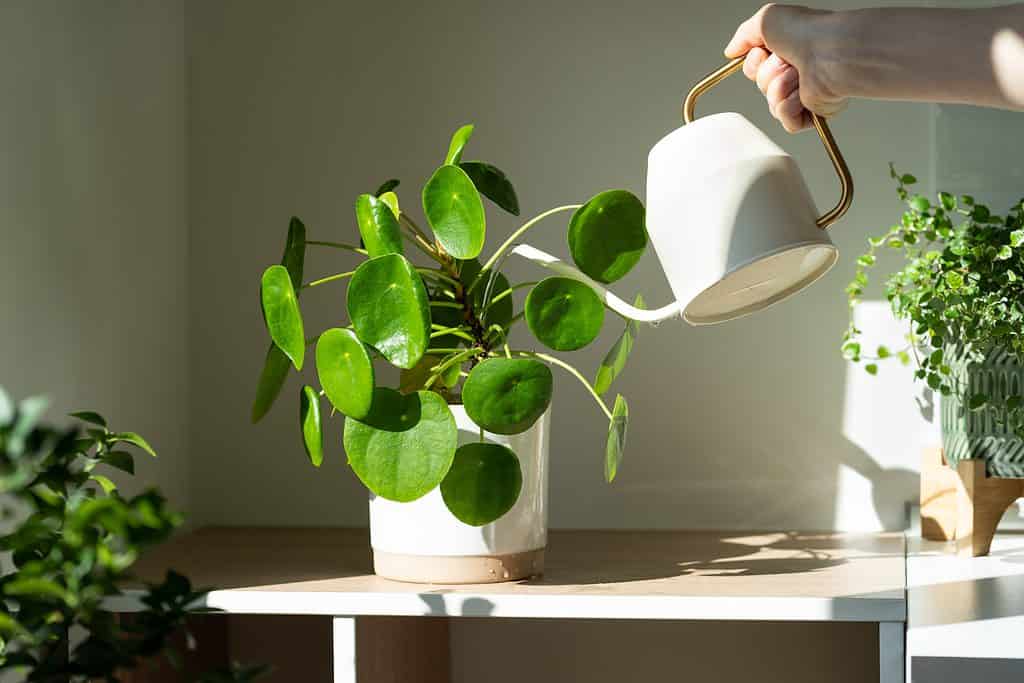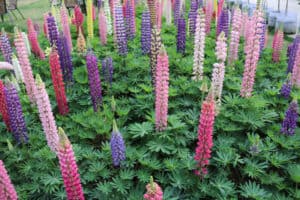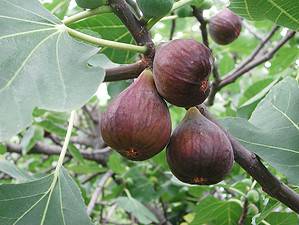You may have heard that growing plants inside your home improves air quality. Is this just a myth? Unfortunately, yes. While houseplants can help a small amount, they won’t completely purify the air. Let’s explore the ways in which houseplants can help clean the air in your home!
The NASA Study
The National Aeronautics and Space Administration (NASA) in the United States completed a study in 1989 regarding the usefulness of houseplants to clean air in their space stations. However, they did combine the usage of the plants with a carbon filter system. Although NASA proved that plants do help with cleaning the air, the real-world application is much less significant. Because NASA intended these plants to clean the air in a very small and contained area, for the average person to get similar results they would need a huge amount of plants within the home. By huge, we mean hundreds!
To date, the testing of 31 different common indoor plants such as English ivy, peace lilies, bamboo palm, and Chinese evergreen has been completed by various similar studies. The chemicals tested include benzene, formaldehyde, trichloroethylene, xylene, toluene, and ammonia. Every plant tested so far absorbed formaldehyde, yet only a few absorbed ammonia. These tests failed to reproduce the results upon review and researchers reported that more information and testing was required. Another problem with these tests is that they didn’t include common household contaminants like cigarette smoke. For now, it’s safe to conclude that houseplants don’t clean air very well.
Do Houseplants Clean the Air?
While some houseplants do help with cleaning the air, they cannot be relied on entirely. Houseplants just don’t possess enough filtration power to successfully clean your home’s air. If you’re worried about air pollution within your home, you’ll need to consider better air filters for air conditioning systems or even a separate air purifier.
Actually, some plants actually release volatile organic compounds (VOCs) that make people sick. Some plants cause allergic reactions in some people, while others develop bacteria or fungi within the soil. These effects can be extremely dangerous for those with allergies or asthma. It’s important to note that some studies show houseplants reduce the amount of dust in the air, but rushing to fill your home with them shouldn’t be your goal. You’ll have to consider many factors such as your own personal health, which plants you can tolerate, and how much time you want to devote to caring for plants.
A Note on Common Air Pollution in Homes
An article published by the American Lung Association states that simply cooking on your gas-powered stove puts you at risk for damage to your lungs. The nitrogen dioxide levels in your home rise by 90% with just 19 minutes of using these stoves. They follow this up by saying that any time you cook, you should turn on the stove hood fan. None of the plant studies we found even mentioned nitrogen dioxide removal as a potential benefit. Switching to an electric stove is the best way to prevent this gas build-up, but not everyone can afford that. Other recommendations include only cooking in a well-ventilated area, opening a window, or using an air purifier.

They may not clean the air well, but tending to houseplants can be very soothing for some people.
©DimaBerlin/Shutterstock.com
What Benefits Do Houseplants Provide?
Houseplants may not clean the air well, but they provide several other benefits. First and foremost, they help improve your mood! Adding some beautiful greenery or flowers to your scene can help brighten up your space and provide some calming vibes. Houseplants also help with dry skin or coughing problems by adding more moisture to the air (raising the humidity). Not only that, but houseplants do absorb carbon dioxide and release oxygen. Increasing oxygen levels within your home helps improve your mood, energy levels, and focus!
In fact, the Journal of Environmental Psychology published a study in 2002 that proved people working with plants around were more productive than those without them. How cool is that?
Another benefit of keeping plants is that they are a calming hobby. Caring for your plants and making sure they grow well can be very soothing. It’s also nice to care for something that doesn’t ask for much!
Final Thoughts
While houseplants cleaning the air is largely a myth, they do provide benefits to those keeping them in both their homes and workplaces. Caring for plants can provide much-needed therapeutic benefits, as well. If you don’t have plants in your home, consider bringing home a plant today! There are many easy-to-care-for plants that will brighten up your space and bring you joy. There’s also a ton of popular houseplants to choose from!
The photo featured at the top of this post is © Dima Berlin/iStock via Getty Images
Thank you for reading! Have some feedback for us? Contact the AZ Animals editorial team.







